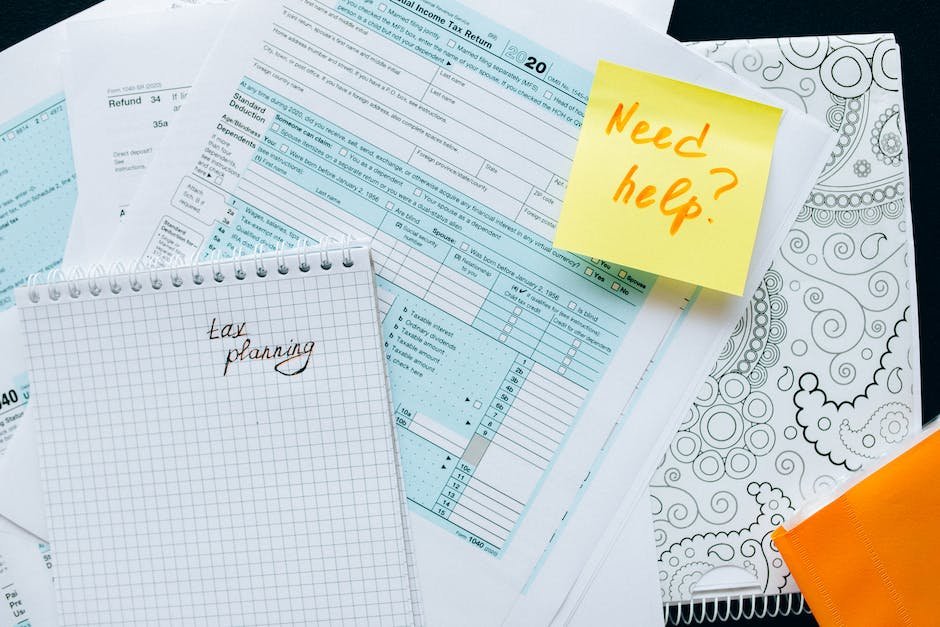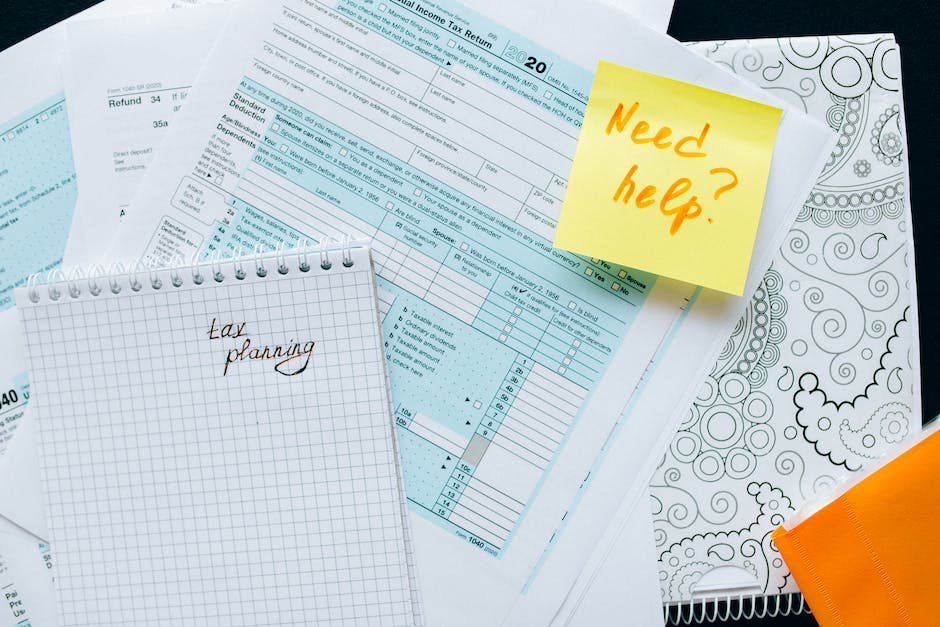Contents [hide]
The Philippines is a country with a number of regulations and laws regarding online business and taxation. In general, any business that is conducted online is subject to the same tax laws as any other business in the Philippines. This includes the payment of value-added tax (VAT), income tax, and other applicable taxes. There are a few exceptions to this rule, but in general, online businesses in the Philippines are required to pay taxes.
Yes, online businesses in the Philippines are subject to the same tax laws as any other type of business. This includes paying income tax, value-added tax (VAT), and other local business taxes.
Do online business have to pay taxes?
If your business has a physical presence in a state, you are typically required to collect applicable sales taxes from online customers in that state. If you do not have a physical presence, you generally do not have to collect sales tax for online sales.
Yes, if you are doing business or earning income in any manner or form in the Philippines, including online, you are required to register with the Bureau of Internal Revenue (BIR).
Does small business have to pay tax Philippines
The new law which took effect on January 1, 2020, allows small- and micro-self-employed professionals to pay a flat tax of 8% on their gross sales if it’s below ₱3 million. This is a big relief for self-employed professionals as it will reduce their tax burden. The VAT threshold has also been increased from ₱19 million to ₱3 million, which will help businesses save on taxes.
If you sold items online and made a profit, you will most likely owe taxes on that income. The IRS and most states see any income you earn from these sales as taxable, so it’s important to be aware of the tax implications before you start selling.
There are a few things to keep in mind when it comes to online sales and taxes. First, you will need to keep track of all of your income and expenses in order to calculate your profit. This can be done by keeping good records and receipts for everything related to your online sales.
Second, you will need to determine whether you are considered a hobbyist or a business. If you are considered a business, you will be required to pay taxes on your online sales. However, if you are considered a hobbyist, you may not be required to pay taxes on your online sales.
Finally, it’s important to consult with a tax professional to determine your specific tax liability. They can help you determine what tax forms you need to file and how to properly report your online sales.
Can you run a small business without paying taxes?
If you are operating a business as a sole proprietor, you will file a Form 1040, Schedule C (or Form 1040-NR, Schedule C-EZ if qualified) with your personal tax return. If you are operating a business as a corporation, you will file a Form 1120. If you are operating a business as a partnership, you will file a Form 1065. The form you use to file your annual income tax return depends on the business entity that you have established for your business. For more information on business structures and which tax return to file, please refer to the Business Structures section.
You may be subject to IRS tax reporting if you sell with shipping on Facebook Marketplace. Download your 2022 sales report to see your sales from 2022. When you sell with shipping on Marketplace, you may receive certain tax forms to help file your taxes.
Is online selling legal in Philippines?
The notice issued by the Department of Finance on May 5, 2017 states that “The government sees online business as legitimate as any other brick-and-mortar business. Online businesses that engage in B2C transactions are required to comply with the same business laws, regulations and tax requirements as offline businesses. This includes issuing electronic receipts to consumers.”
To start a business in the Philippines, you need to register your business name with the Department of Trade and Industry (DTI), get a Barangay Business Clearance, secure a Mayor’s Permit, and register with the Bureau of Internal Revenue (BIR). These are the four essential business requirements that you need to comply with.
Do online sellers need BIR
In order to keep your online business compliant with the Bureau of Internal Revenue (BIR), you must file the required tax returns. The type of taxes you are required to file and pay are based on your BIR Certificate of Registration. Usually, online businesses file BIR Forms 1701 (or 1701A) and 1701Q.
The BMBE Act of 2002 provides for the registration of businesses with total assets not exceeding P3 million as certified BMBEs. These businesses are exempt from income tax and minimum wage law, and have access to financial assistance, training and technology transfer. Certificate holders may avail of the benefits for a period of three years, renewable for another three years.
How much business income is taxable in the Philippines?
The government has announced that business income subjected to graduated tax rates will also be subject to business tax (ie 12% VAT or 1%* percentage tax, as applicable) from 1 July 2020. * The 1% percentage tax shall only be applied from 1 July 2020 until 30 June 2023. Starting 1 July 2023, the rate shall revert to 3%.
All businesses in the Philippines are required to apply for a certificate of registration with the Bangladesh Investment Regime (BIR). This enables taxpayers to pay their taxes and enjoy the benefits of having a legal business.
How much can I sell online without paying tax 2022
The IRS has announced that it is changing the threshold for taxable income for online sellers starting for 2022 sales. In tax year 2022, the threshold for reportable income will drop significantly to $600, with no transaction minimum. This change will affect a large number of online sellers, and it is important to be aware of the requirements for reporting taxable income.
This is a change to the previous law, which only required reporting if you received $20,000 or more in a year through these platforms. The new law is intended to close a loophole that allowed some people to avoid paying taxes on income received through online platforms.
If you are a seller who uses one of these platforms to sell goods or services, you will need to be aware of this change and make sure that you are reporting all of your income correctly. Failure to do so could result in penalties and interest charges from the IRS.
How do I sell my business without paying taxes?
Selling a business can be a complex process, and there are a number of tax implications to consider. One of the most important factors is how long you’ve owned the business and its assets.
If you’ve owned the business for at least one year, you may be eligible for the more favorable long-term capital gains tax rate. This could save you a significant amount of money in taxes, so it’s worth considering if you’re thinking of selling your business.
Another option to consider is selling to your employees. If you own a C-corporation, this could help you minimize capital gains taxes. Employees may be more motivated to keep the business running smoothly and may be more invested in its success, so this could be a good option if you’re worried about the tax implications of selling.
If you are unable to pay your business taxes, the IRS may levy your assets in order to settle the debt. This includes seizing company equipment, vehicles, and even your business property. It is important to pay your taxes on time and in full to avoid any legal complications.
How long can a small business go without paying taxes
The IRS expects every business to file a federal tax return and pay taxes every year So the real answer to that question is (drumroll please): Zero There are no IRS-issued guidelines or allowances that will let you skip filing taxes for a year.
Selling your stuff can be a great way to make some extra money, and there are a number of ways to do it. You can sell your items through online platforms such as Amazon, eBay, and Craigslist, or you can hold a garage sale or sell your items at a consignment shop. Whatever method you choose, make sure you research it beforehand to ensure that you’re getting the best possible price for your items.
Do you need SSN to sell on Facebook
Facebook Marketplace shipping is available for products that are available for online checkout and shipping. You’ll need to add your PayPal or bank account information in order to complete the purchase. If you sell over $599 per year on Facebook, you’ll also have to give your social security number or employer identification number (EIN) in order to complete the sale.
If you are single, you will pay no capital gains tax on the first $250,000 of profit (excess over cost basis) upon the sale of your home. Married couples enjoy a $500,000 exemption from capital gains tax. However, there are some restrictions on who qualifies for the exemption. If you have lived in the home for less than two years, or if the home is not your primary residence, you may not be eligible for the exemption.
How much do you have to sell on Facebook Marketplace to pay taxes
If you reach $499 in sales on Marketplace, you will be prompted to provide your full tax information including all 9 digits of your SSN or ITIN. If you do not provide this information when prompted, your payouts for sales will be held.
The E-Commerce Act of 2000, otherwise known as Republic Act No. 8792, is a Philippine law that recognizes the validity and legality of electronic documents and electronic data messages in relation to commerce and business transactions. This Act provides the governing rules and regulations on the formation, perfection, and enforcement of electronic contracts in the country, and aims to promote confidence in the use of electronic means in carrying out commercial and economic transactions. The Act also establishes the legal infrastructure for the development and growth of e-commerce in the Philippines.
Conclusion
No, online businesses in the Philippines are not required to pay taxes.
The answer to this question is not a simple one. There are many factors to consider when determining if online businesses need to pay tax in the Philippines. Some of these factors include the type of business, the structure of the business, and the location of the business. While there is no definitive answer, it is important to consider all of these factors when making a decision about whether or not to pay taxes.

0 Comments